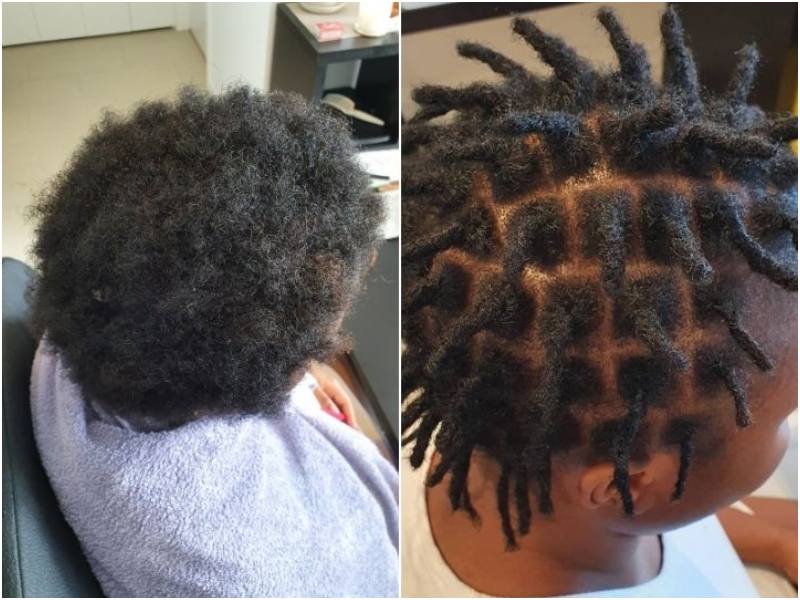On Wednesday, Puerto Rico’s governor signed a landmark law prohibiting discrimination against individuals wearing Afros, curls, locs, twists, braids, and other natural hairstyles.
This legislation, celebrated across the racially diverse U.S. territory, provides explicit protections in employment, housing, education, and public services.
“This is a victory for generations to come,” said Welmo Romero Joseph, a community facilitator with the nonprofit organization Taller Salud, which played a significant role in advocating for the law. Romero stated that the legislation sends a strong message: “You can reach positions of power without having to change your identity.”
Although Puerto Rico’s laws and constitution, along with Title VII of the Civil Rights Act, already offer protections against discrimination, this new law addresses a gap highlighted by a 2016 U.S. Court of Appeals decision.
In that case, the court ruled that an employer’s no-dreadlock policy in Alabama did not violate Title VII.
The push for this legislation gained momentum earlier this year when Puerto Rican legislators held a public hearing where numerous citizens shared personal experiences of hair discrimination.
Some recounted job offers that were contingent on altering their natural hairstyles.
Romero shared his own experience from high school, where he was ordered to cut his flat top by the principal, despite being a top student.
“It was a source of pride,” he recalled. “I was a 4.0 student. What did that have to do with my hair?”
Puerto Rico, with a population of 3.2 million, is home to over 1.6 million people who identify as being of two or more races, and nearly 230,000 identifying solely as Black, according to the U.S. Census.
The new law acknowledges the persistent discrimination faced by Black and Afro-descendant individuals in Puerto Rico, highlighting their continued marginalization and deprivation of opportunities.
While Romero praised the new law, he emphasized the need for measures to ensure its enforcement.
The move in Puerto Rico mirrors efforts on the U.S. mainland, where at least two dozen states have approved versions of the CROWN Act, which stands for “Creating a Respectful and Open World for Natural Hair.” This legislation aims to ban race-based hair discrimination.
Notable among these states is Texas, where a Black high school student faced suspension due to his dreadlocks violating the school dress code.
However, a March report from the Economic Policy Institute noted that not all states have updated their education codes to protect students fully under the CROWN Act, and some states have allowed exceptions.
A federal version of the CROWN Act passed the U.S. House of Representatives in 2022 but failed in the Senate. In May, Democratic lawmakers reintroduced the legislation.

